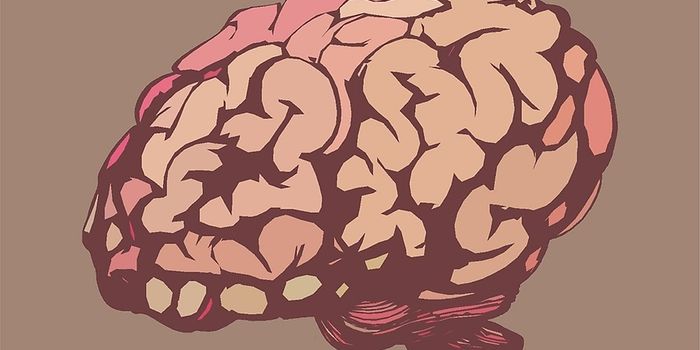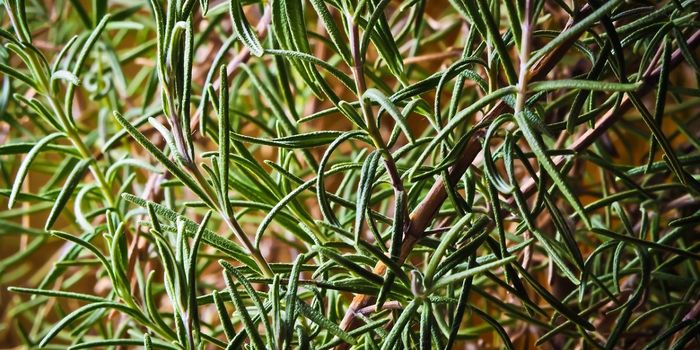Read a Map, Run, and Recall: How Orienteering can Fight Dementia
McMaster University researchers have found that orienteering can prevent cognitive decline caused by dementia. The sport of orienteering combines physical activity, navigational skills, and memory recall, and researchers believe this activity may stimulate parts of the brain that our ancestors used for hunting and gathering. During an orienteering event, participants trek as quickly as possible over unfamiliar territory, and they must find a series of checkpoints using only a map and compass. The study was recently published in PLoS One.
The researchers surveyed healthy adults ranging in age from 18 to 87, with varying degrees of orienteering expertise (none, intermediate, advanced, and elite). People who participate in orienteering reported better spatial navigation and memory. The sport requires efficiently switching between several mental tasks while engaging in physical exercise.
Access to GPS systems and readily available food in modern society means people engage in less map reading and navigational skills. The researchers argue that it is important to engage in orienteering or similar activities to improve spatial processing and memory performance. These cognitive functions rely on overlapping neural structures that are best maintained by engaging in activities that are both mentally and physically challenging. As first author, Dr. Jennifer Heisz explained, “Modern life may lack the specific cognitive and physical challenges the brain needs to thrive. In the absence of active navigation, we risk losing that neural architecture.” Researchers offer some simple ways to incorporate more orienteering into daily life: turn off the GPS and use a map when traveling and choose a new route for travel to work or a new trail to hike.
Orienteering can be a lifelong hobby and a great way to train the brain for people of all ages. The sport allows everyone from children to older adults to develop their navigational skills and improve physical fitness. To find out more about this sport, visit the Orienteering USA website.
Sources: Eureka News Alert, Orienteering USA, PLoS One








